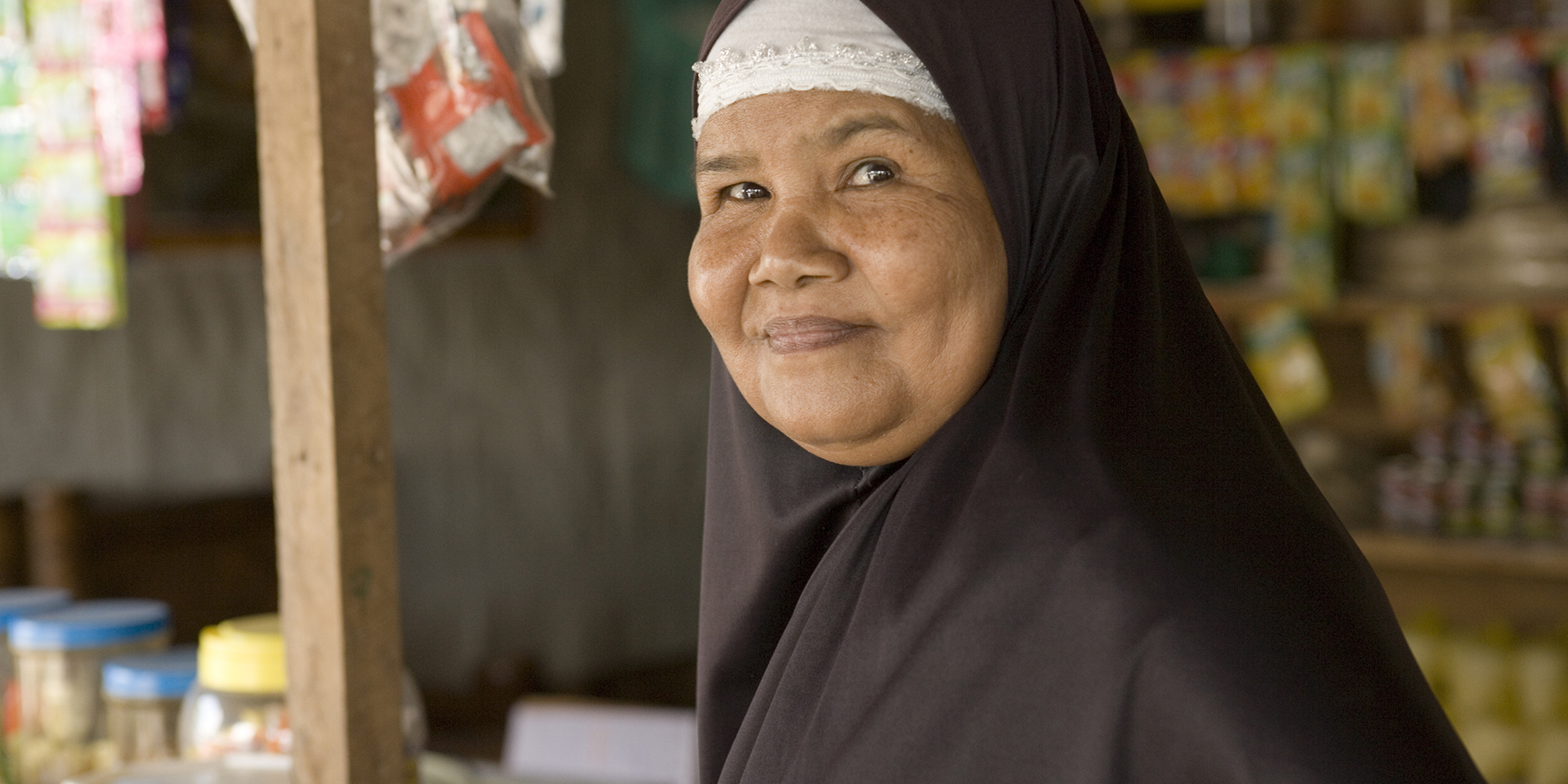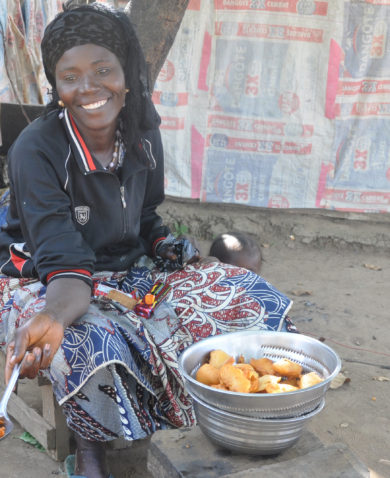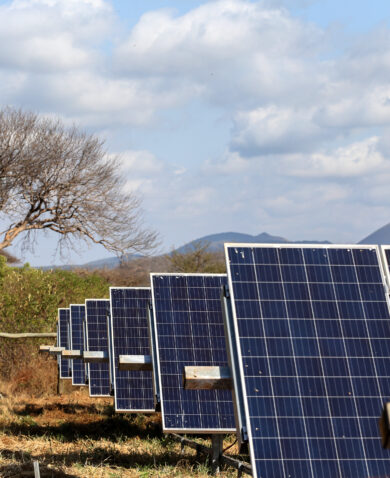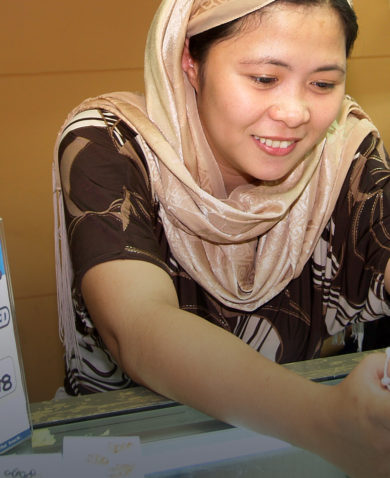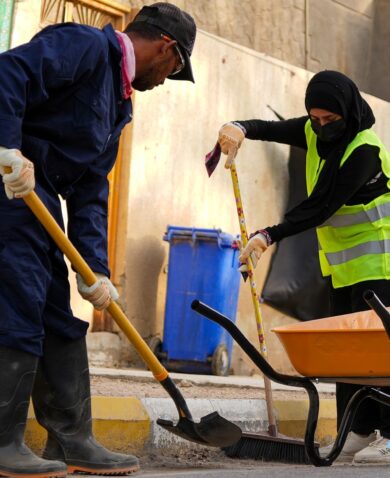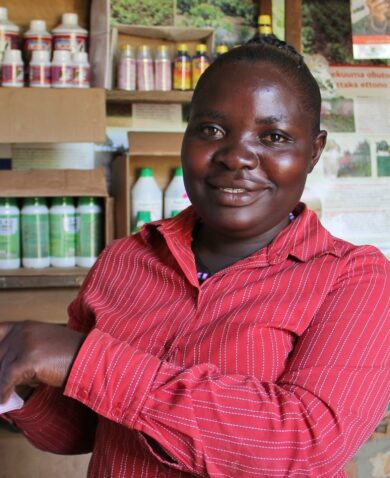To close this gap, financial institutions must address this directly by evaluating ways in which women without a salary or employment history may still obtain a loan at the rates men are accessing them. Although financial institutions are not likely going to forego the need for documentation demonstrating women’s ability to pay back a loan, they should instead evaluate the specific barriers preventing women from accessing economic support and provide a solution that allows women specifically to funding. In some cases, financial institutions have required that women have multiple co-signers or attend weekly finance courses to demonstrate their commitment to repaying their loans. As a result, even though men and women don’t start out on equal footing, by following different processes they are able to obtain the same funding in the end.
Addressing the Gender Pay Gap
Based on recent studies by the UN, women in 2017 earned only 77 percent of what a man earns for equivalent work and background. This gap in pay has significant impacts on both a single woman and a woman with a family. A lower wage for a female-headed household may make it more difficult for the family to make ends meet. It also limits the woman’s choices by preventing her from pursuing land ownership, business opportunities, or future education. Evidence continues to show that when women hold financial control of the household income, the family and community at large benefit because women are more likely to invest money in food and education compared to when men maintain sole control over the financial resources. As such, closing the gender pay gap enhances economic efficiency and grows local markets.
Recognizing Financial Independence in the Fight for Gender Equity
Empowering women economically can lead to larger systematic and institutional changes that are inclusive of the needs of the larger population. When women and girls are excluded as decision-makers, whether intentionally or unintentionally, their voices are silenced, and their perspectives are left unconsidered. Evidence clearly demonstrates that women make up a disproportionate percentage of the informal sector, holding roles such as primary caretakers, agricultural workers, street vendors, and domestic workers. Working within this informal economy most often means a lower wage, higher levels of discrimination, limited if any negotiating power, and a lack of benefits such as healthcare, sick leave, or pensions. If women and girls are to be empowered and serve as leaders in their communities, they must have access to credit at the same rate as men, and have the financial independence to make their own decisions with their financial resources.
Addressing the gender gap through economic freedom and empowerment within the international development community must be at the forefront of our work. Women and girls make up half the population, and as such, it is no longer sufficient to work towards building local economies without directly addressing the barriers that women face in achieving economic freedom and empowerment within their households, communities, and countries. To do so, we cannot merely be inclusive. We must be intentional and clear that gender equity cannot be divorced from women’s economic empowerment.
Blog posts on the Chemonics blog represent the views of the authors and do not necessarily represent the views of Chemonics.

